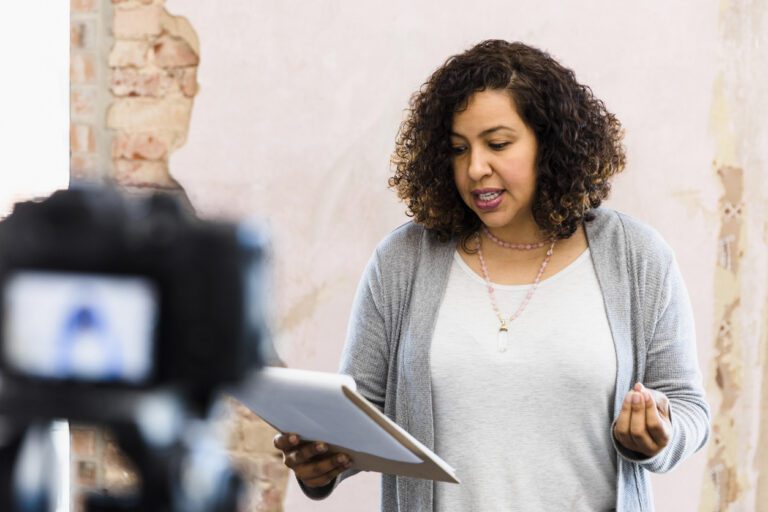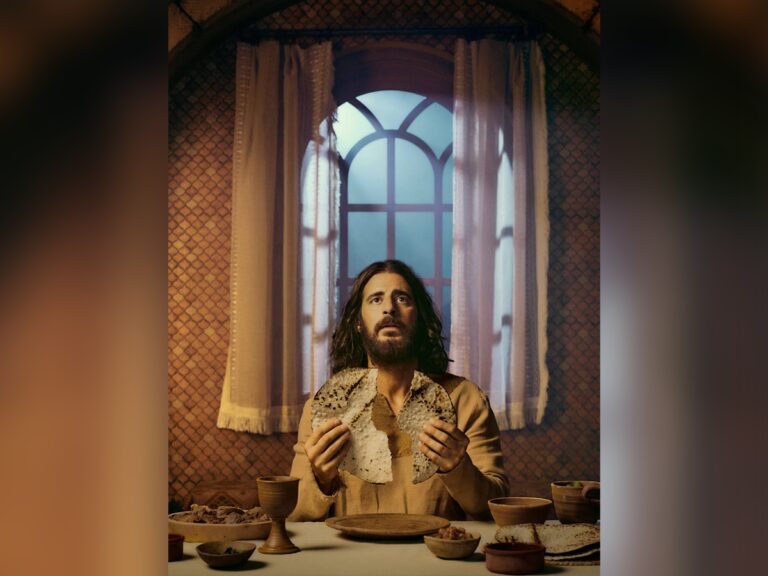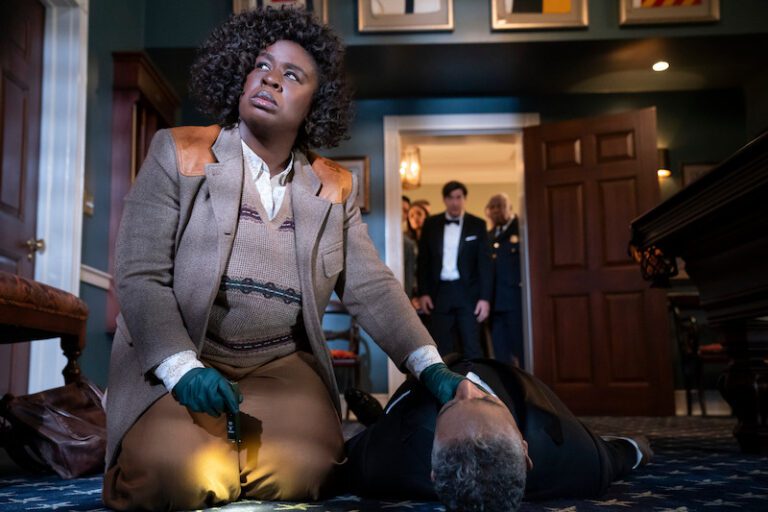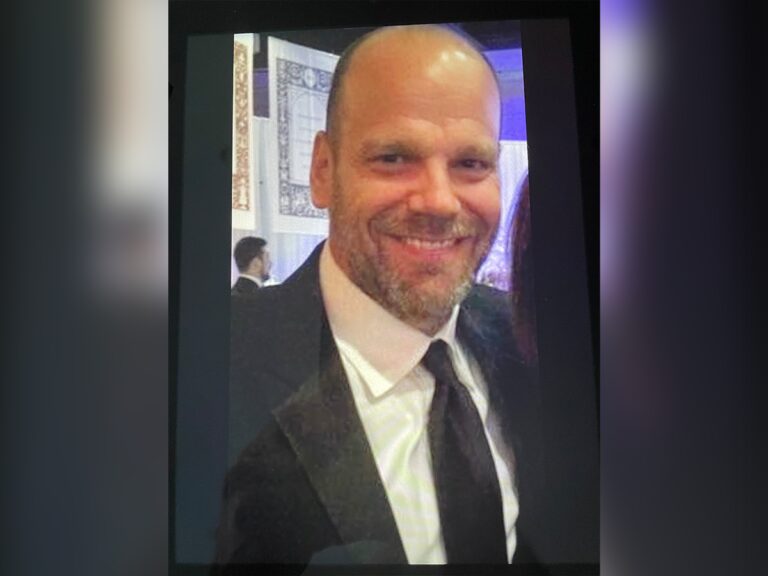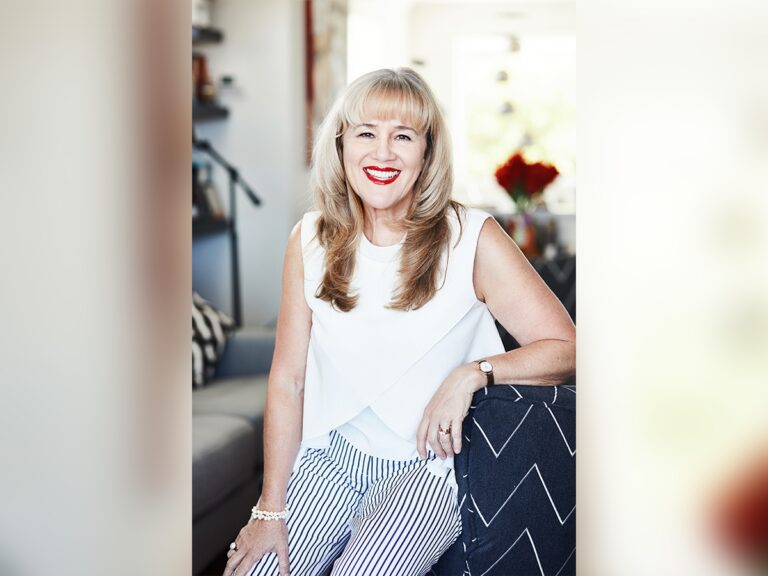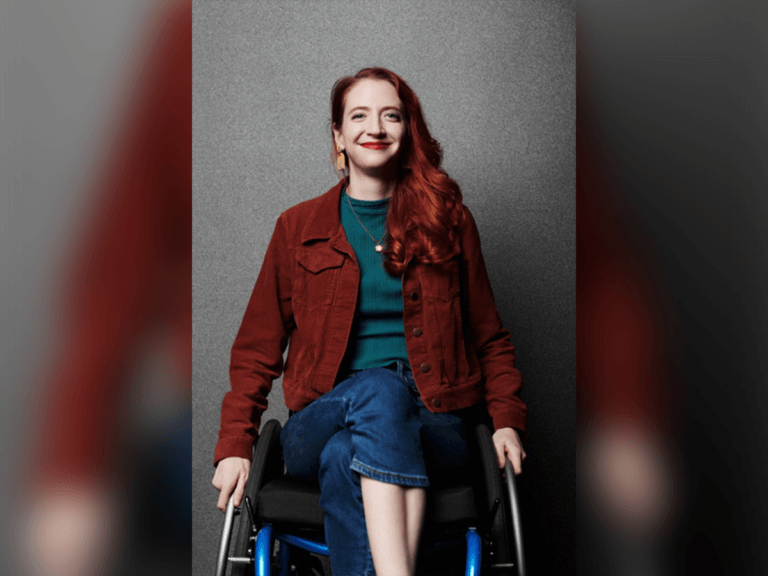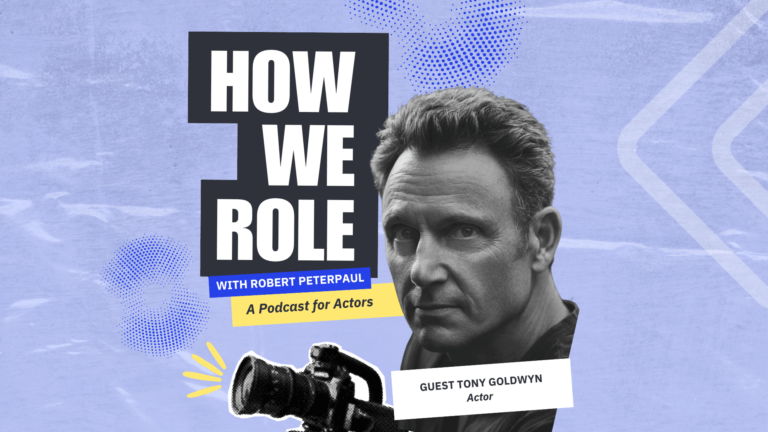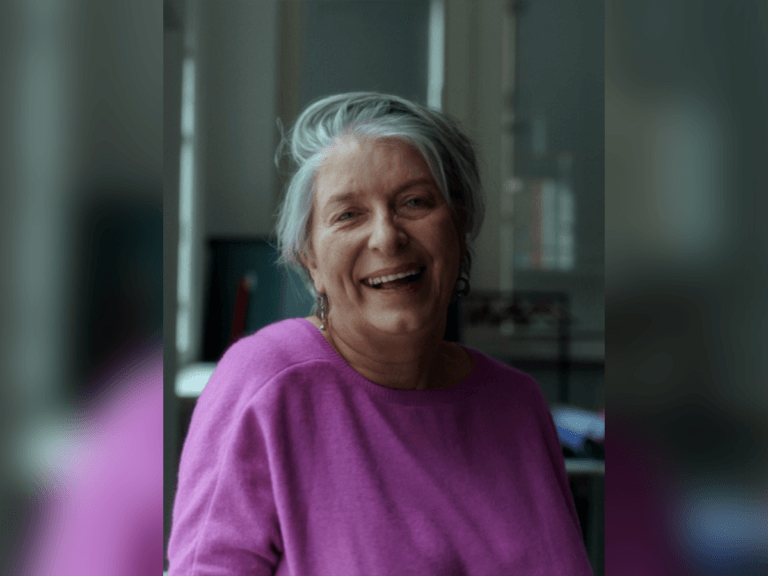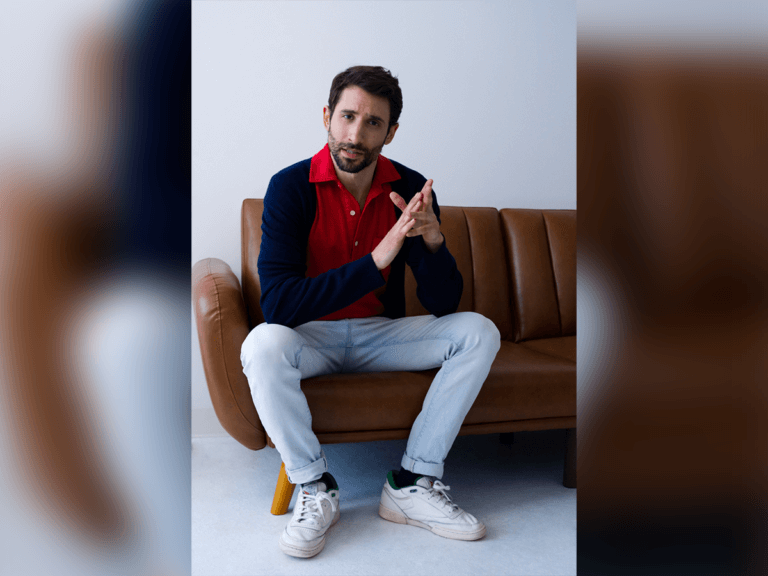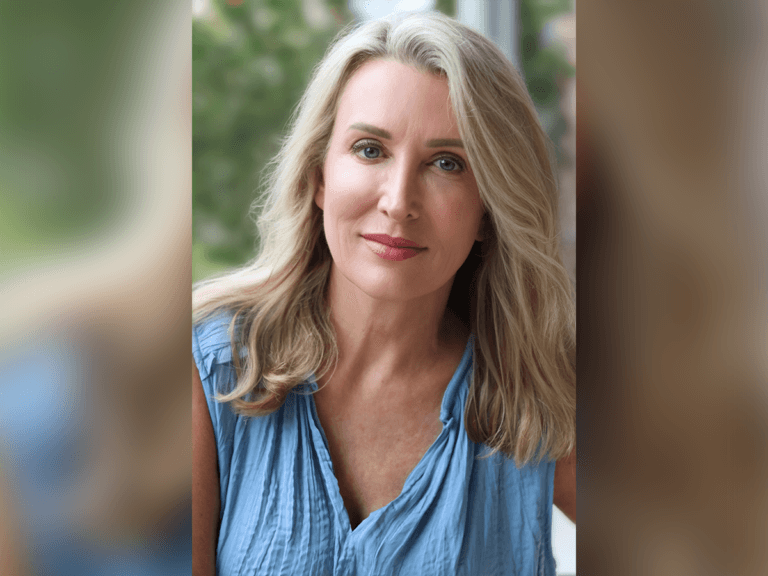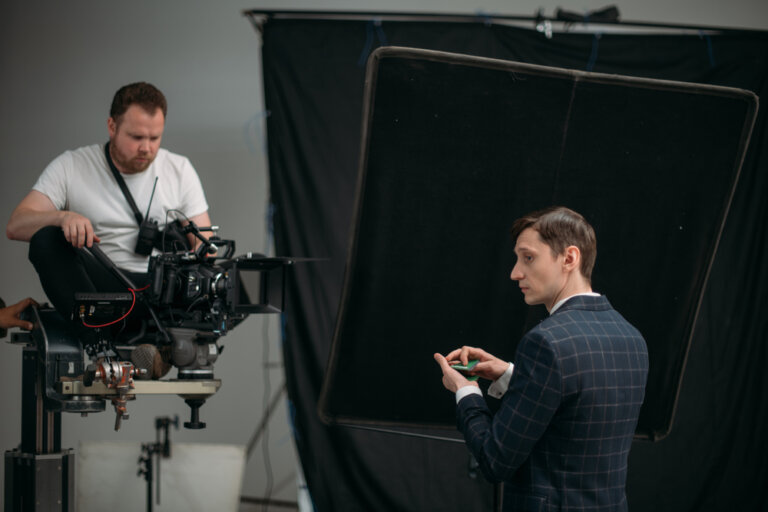Casting Director Richard Hicks has a connection to his craft that borders on mystical. He gets something soulful from working in casting, and it comes out in his work, which alternates between big studio films like Gravity and the tiniest Indies, like The Mustang.
Hicks has contributed to some of the most interesting projects of this century, including the first two seasons of Curb Your Enthusiasm and Igby Goes Down, in which he and director Burr Steers gave Kieran Culkin his first adult role. He also won an Emmy for his work on the astonishing HBO movie Game Change, which is about the 2008 Presidential election. His most recent film, the compelling indie Lost on a Mountain in Maine, based on a true story of a boy’s incredible struggle to survive getting lost, is now available on VOD (video on demand). He spoke to us from his home in LA.
Insights: Lessons from Richard Hicks
- Deliver a truthful and genuine performance during auditions.
- Study your role, then allow for natural, in-the-moment responses.
- Embrace your momentary power in auditions to make a strong impact.
Thinking about joining Casting Networks? Sign up for a free trial today!
How did you get into casting in the first place?
Let’s see, I used to be a theater actor. I went to college and then drama school in England. When I came back, I worked in regional theater, mostly at the Guthrie in Minneapolis. Then I moved to New York and did a few plays, but the life of an actor was hard for me.
I didn’t deal well with not working. I knew I didn’t want to be a frustrated 60-year-old actor who only got to do one line. I wanted more than that. I was a reader at auditions, back when it was mostly in-person. They needed somebody to read the scenes with. I liked doing that because I was sucking up to the casting people and I got to act. Also, it wasn’t my ass on the line because it was their audition.
It’s amazing how many times I have talked to casting directors who started as actors and had that realization. That got them to the other side of the camera.
Well, it created the thing which I think has pulled me passionately through this career, which is that moment where you look into an actor’s eyes and something amazing is happening.
You’re part of that. You get to be right up in there as somebody transforms into something else, or is completely possessed by a thought or an emotion. I just love that. I loved it so much that when I found casting, I thought, “This will absorb all of the energy that acting wasn’t able to absorb in me because there’s always another movie to see, or another play, or another actor to know or something to do.” I didn’t feel as personally rejected when I didn’t get a casting job as I did when I didn’t get an acting job.
That, on the other hand, seeing that magic moment firsthand, is not something I hear all that much.
That’s what’s driven me, that kind of alchemical thing. You can describe it with different words, but it’s magical. It’s spiritual. It makes you present in a way. We walk through our lives mostly not present, and in those moments when somebody is amazing as an actor, it all kind of comes into focus within the confines of that story. It’s a wonderful thing.
How often does that happen to you? Once a job? Multiple times? Every other job?
Somewhere in between, I’d say. I mean, the symphonic nature of somebody being breathtakingly moving, that’s rare. When I’m going through costar parts and stuff, I need to feel like, “Oh, yep, that’s a version that I can buy.” Or, “That fits within what I see is the framework of the possibilities of this part.”
It’s an interesting thing, casting, because it’s deeply contributive. At the end of the day, it’s not my movie to make. They have to take what’s offered, make it their own and own it in a way that I can only infer when I’m watching the audition.
I get that. There’s an understandable sense of proprietorship over it all.
I used to be kind of disappointed when I would go to the wrap parties and the director and actor would be having this intense relationship, and I’d think, “Yeah, yeah. What about me?” I realized that’s a mark of success because they need to go on and create something that is bonded and integral to them, whatever that is, to make the thing. They need to be that close. My belief in that possibility is what I bring, and what they then make out of it is something unique to them.
You’re the facilitator for that to happen.
Kind of. And the believer and the intuitor and the chemist.
Before Lost on a Mountain in Maine, had you previously worked a lot with kids?
No, not a whole lot. I’ve done a number of movies with kids, but I don’t have a specialty. I’ve worked with non-pros a lot. It’s something similar to kids where you may not speak in the most nuanced, artful way, but trying to get underneath what they’ve prepared and have them listen and respond is surprisingly possible with many people in the world.
I did a movie eight or nine years ago, OG, that had Jeffrey Wright in the lead. It was shot in a maximum security prison. It was one of my favorite jobs I’ve ever done because asking these incarcerated men to pretend and be open enough so that you capture something in a movie that feels real was a gift to me. It helped me remember that what is achievable in acting is achievable when you let all of your shit go and you just listen and you are open.
That’s kind of funny, comparing child actors to maximum security inmates.
I would look at these guys and I look at the kids sometimes and I would say, “Just look me in the eye and tell me the truth.” You just say that and 80% of it is achieved if they can do that. What a seasoned actor brings is the ability to imagine a thing, and step into that imagined thing completely, as fully as somebody who’s lived whatever experience I’m talking about. But most people have an intuitive connection, or when they can intuitively connect to themselves, all sorts of amazing things happen. That happens with kids.
Do you find that that works with adult actors too? Like, just tell me the truth, be authentic?
It works with non-pros. With professional actors, I would often talk about something that feels more like an acting class, maybe. Let’s talk about a similar time in your life when and start from that feeling and go, or whatever.
Sometimes I watch the audition and I say, “That was good. That was the audition version of it. Now let’s do the documentary version of it.” What often happens is that they sit back and just allow themselves to be observed as they do exactly what they were doing before with those same beats. They’re transforming it into something a little off-putting or something that people lean into and want to know more of because like watching a good movie, you feel drawn in by the truth of what you’re watching.
With that in mind, do you find, is there a piece of advice or wisdom that you would give to someone coming to auction for you?
Do your homework, and then when you walk into the room, let it all go. Similarly, step into this opportunity fully present. Another thing I say to actors in this situation is that it looks like the power is with me and with Hollywood and the agents and the studios and the blah and the blah and the blah. None of it would exist if people around the world weren’t willing to pay harder money to feel along with what actors are feeling.
The only time you have the power is when you are auditioning. The minute you’re gone, we will talk about you and decide what we thought of your performance and what we thought of it relative to the other. But in that moment, you have all the power. So don’t waste it. The moment is the moment and meet that moment full-on with an open heart because they don’t come along often. If you aren’t fully open, you’re less likely to get the job, is what I think.
You may also like:
